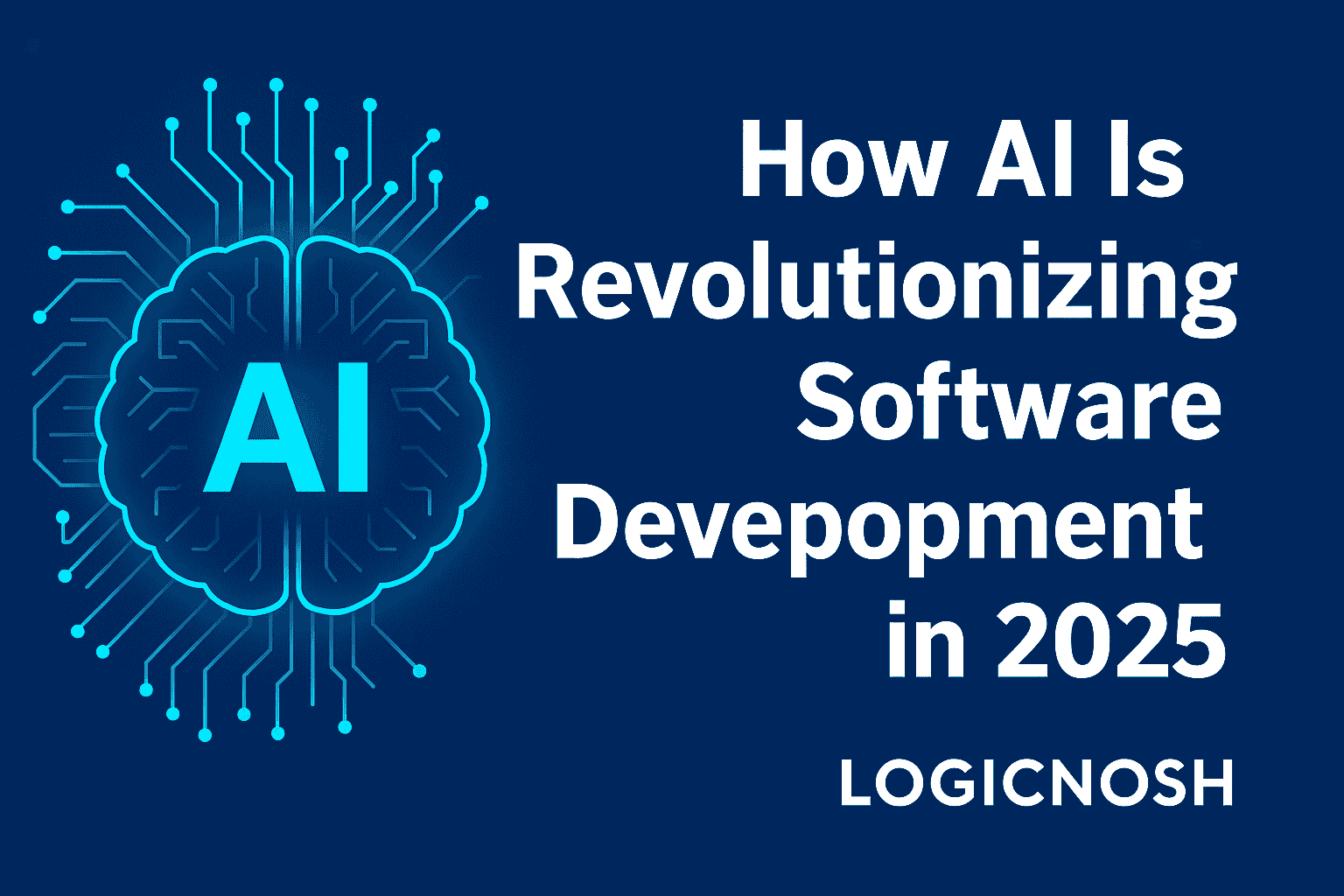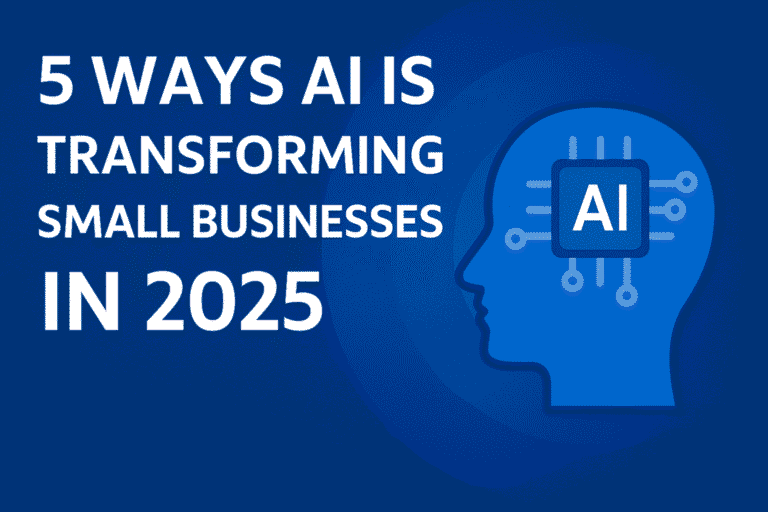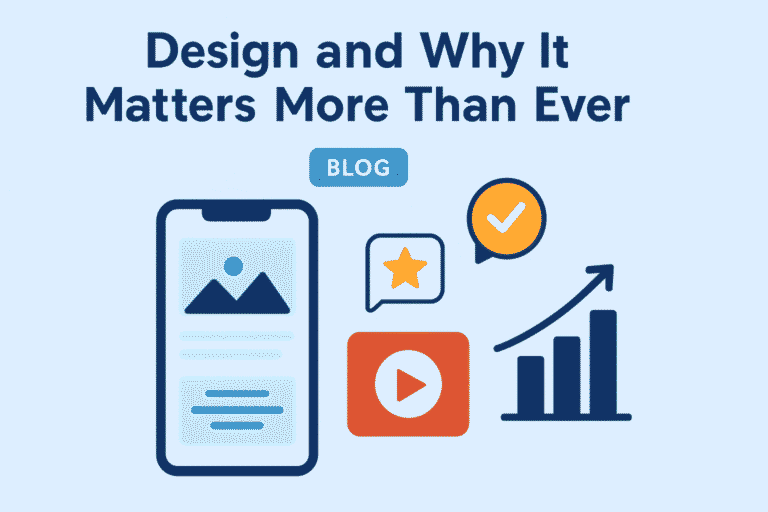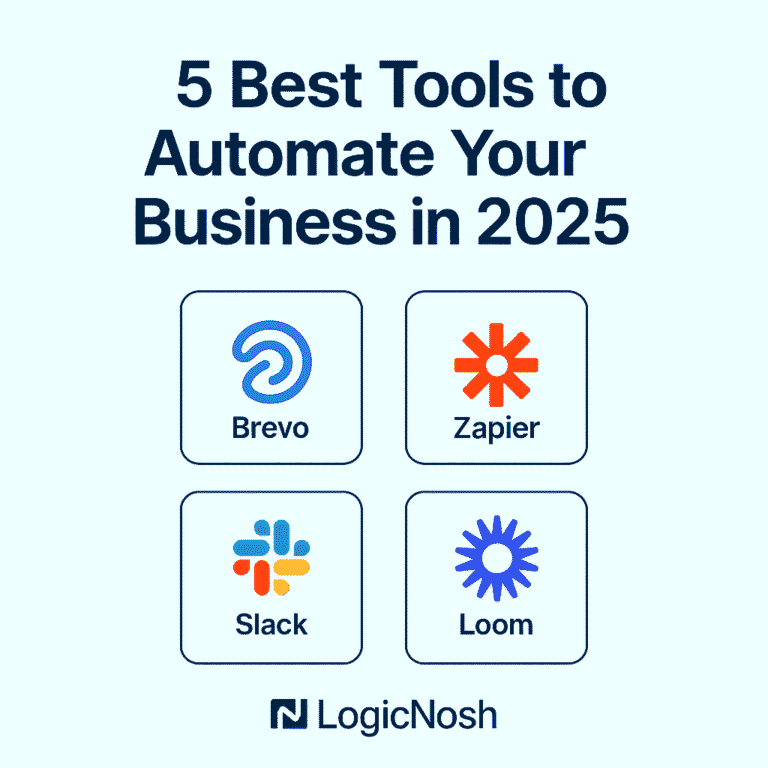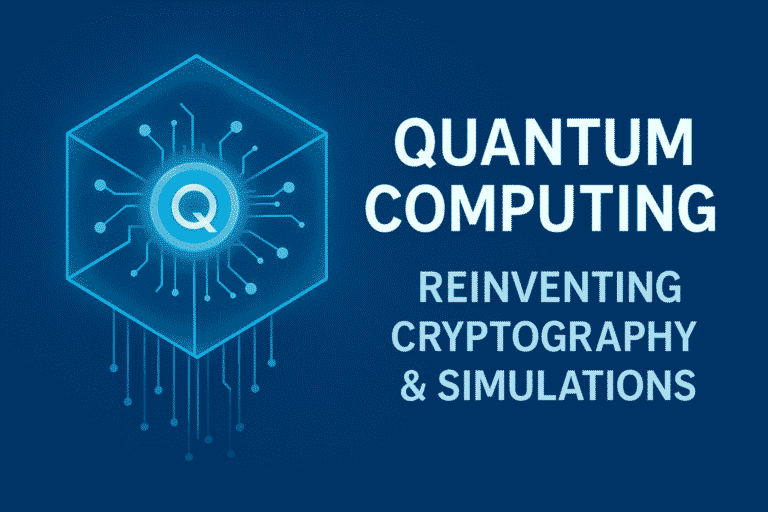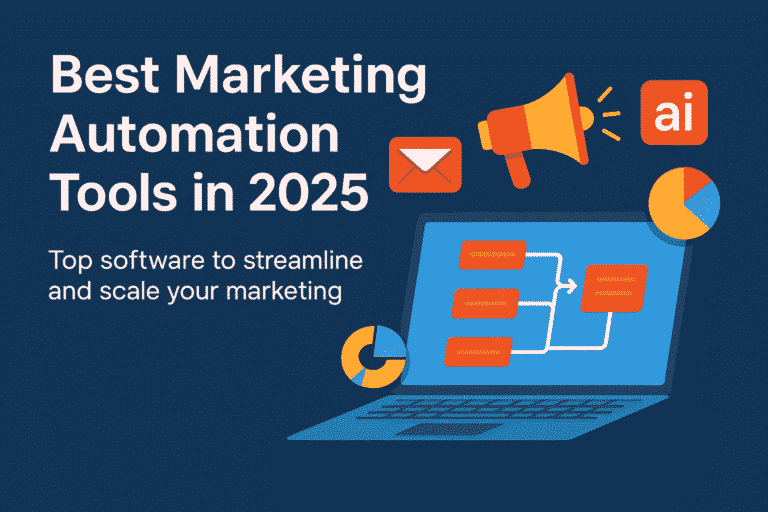How AI Is Changing Software Development in 2025
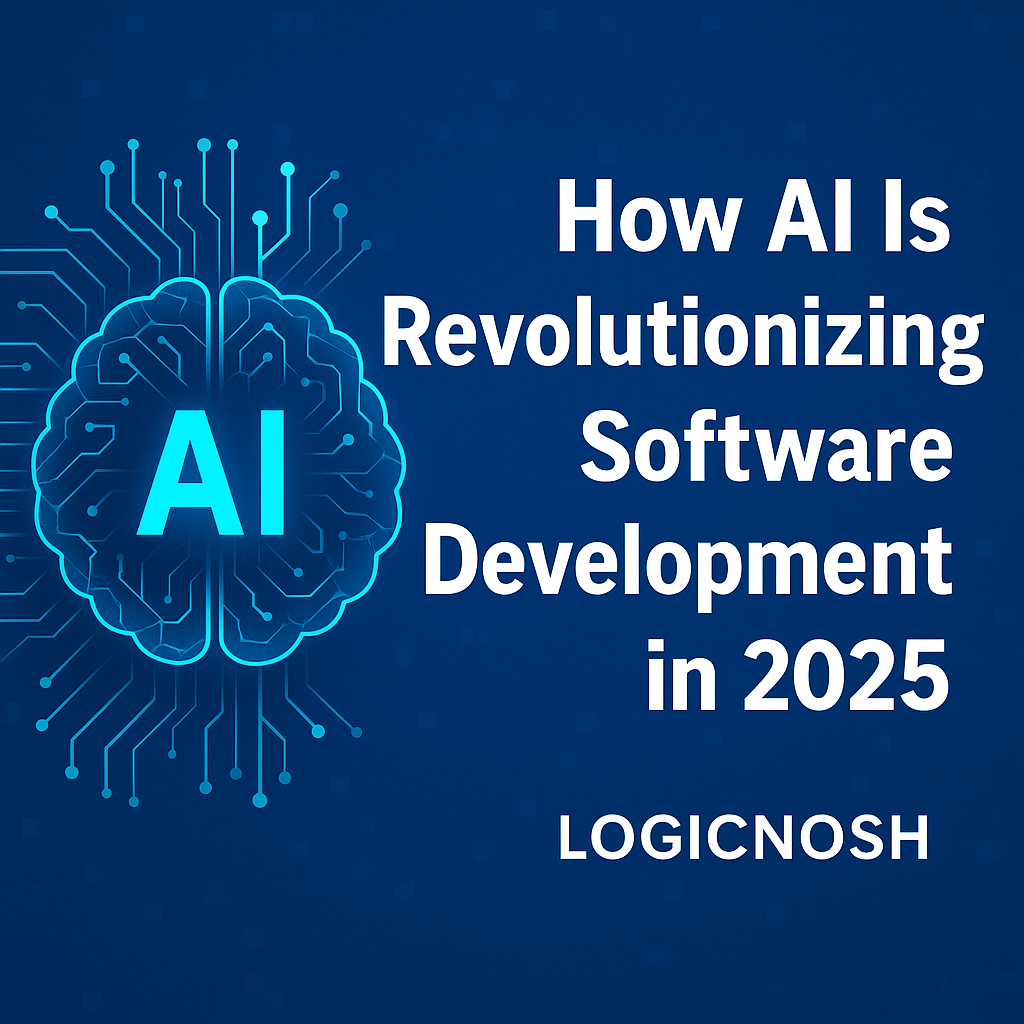
Introduction
Artificial intelligence is no longer just a buzzword—it’s now a core engine behind the future of software development. In 2025, artificial intelligence is deeply embedded in the way we design, build, test, and ship software. Whether it’s helping developers write better code faster, optimizing user interfaces, or forecasting project timelines, AI is transforming how software products are built and delivered.
Companies across every industry—from startups to enterprise—are integrating Artificial intelligence tools to improve speed, reduce errors, and increase the intelligence of their platforms. But beyond tooling, AI is becoming a strategic advantage for teams that know how to leverage it.
In this blog, we’ll explore how Artificial intelligence is changing software development, the real tools being used today, and how LogicNosh is helping teams stay ahead with custom AI implementations.
1. AI-Powered Code Generation
One of the biggest breakthroughs Artificial intelligence has brought to developers is intelligent code generation. Platforms like GitHub Copilot, Amazon CodeWhisperer, and Tabnine use machine learning models trained on millions of repositories to predict code as you type.
✅ What developers can do with AI-powered coding:
- Autocomplete complex logic
- Generate REST API boilerplates
- Recommend form validation or authentication patterns
- Convert pseudocode or comments into working code
- Write unit tests automatically
- Improve code readability with refactoring suggestions
At LogicNosh, our developers use Copilot daily to handle repetitive patterns—freeing up time to focus on logic, architecture, and user experience.
2. AI in UI/UX Design
Modern product teams are leveraging AI to speed up design workflows. Tools like Galileo AI, Uizard, and Figma AI are helping designers turn rough ideas, text prompts, or wireframes into visually polished layouts.
✅ Benefits of AI in UI/UX:
- Turn sketches or prompts into production-ready wireframes
- Use predictive UX to suggest layout improvements
- Maintain visual consistency across pages and components
- Auto-generate multiple versions of a design for A/B testing
- Reduce time spent on design handoffs
For early-stage startups and MVPs, LogicNosh uses Artificial intelligence design tools to iterate quickly and present clickable mockups in hours instead of days.
3. AI for Testing and Quality Assurance
Testing is a critical yet time-consuming part of software development. AI-powered testing platforms such as Testim, Mabl, and Postman AI are making it smarter and faster.
✅ How AI helps QA teams:
- Auto-generate test cases from user stories
- Identify edge cases based on live data
- Detect flaky tests and highlight test coverage gaps
- Simulate high-volume scenarios
- Suggest bug fixes based on historical data
By integrating Artificial intelligence into your QA pipeline, you can release with more confidence and reduce post-deployment bugs significantly.
4. AI in Project Management
Project managers are also benefiting from Artificial intelligence—especially when it comes to planning sprints, managing deadlines, and forecasting risks.
Platforms like ClickUp AI, Notion AI, and Linear are helping PMs streamline operations.
✅ Common use cases:
- Predict project timelines based on past velocity
- Auto-break down feature requests into subtasks
- Generate weekly reports and standup summaries
- Suggest workload balance across teams
- Detect potential blockers in roadmap progression
AI is making project managers more proactive instead of reactive.
5. AI in Customer Support and Documentation
Customer experience is another area where AI is thriving. By training AI models on your documentation and support history, you can deploy custom Artificial intelligence assistants that handle 80% of customer queries.
✅ Examples at LogicNosh:
- GPT-powered chatbots trained on product knowledge
- Artificial intelligence that drafts documentation from internal API schemas
- Automated email responders for support queries
- AI-generated onboarding guides
This improves response times, reduces support costs, and provides users with 24/7 help.
6. Building AI Into Your Product (Not Just Using It)
Most companies only use AI tools—but forward-thinking startups are building AI-driven features into their apps.
At LogicNosh, we help businesses create:
- Text-to-speech tools with custom voice avatars
- AI image generators for content creators
- Chatbots trained on private data for internal helpdesks
- Recommendation systems for ecommerce and content
- AI lead scoring dashboards for CRM
Whether you want to use OpenAI, Replicate, HuggingFace, or custom-trained models—we help you bring AI into your core offering.
How LogicNosh Uses AI Internally
AI is already part of our internal workflow across every team.
✅ Our daily AI stack:
- Design: Galileo AI, Figma AI
- Frontend Development: Copilot, Tabnine, Codeium
- Testing: Testim, Postman AI
- Content & Docs: ChatGPT, Jasper, Notion AI
- DevOps: GitHub Actions with AI-based CI/CD suggestions
We also build AI dashboards, embedding search engines, and voice-based AI tools for our clients.
In code generation section:
Learn more about GitHub Copilot
In testing section:
Testim is a leading AI-powered test automation platform.
In AI adoption overview:
Explore Google’s AI development resources for enterprise use cases.
FAQs – AI in Software Development
Q1: Can AI replace software developers?
No. AI is a productivity tool, not a replacement. It handles repetitive tasks but human logic, decision-making, and architecture remain irreplaceable.
Q2: Is it safe to use AI in enterprise development?
Yes, when implemented properly. Using private APIs, on-premise models, and strict data governance policies ensures security and compliance.
Q3: What programming languages does AI support?
Most major languages including JavaScript, Python, Java, C#, Dart, Swift, Go, and Kotlin are supported by AI-powered tools.
Q4: Can LogicNosh integrate AI into our existing software?
Absolutely. We specialize in adding AI layers to legacy platforms, building custom GPT integrations, and training private models for internal use.
Final Thoughts
AI isn’t replacing developers—it’s empowering them to do more, faster, and better. From design to deployment, AI is reshaping the entire development lifecycle. Businesses that embrace AI today will lead tomorrow.
Whether you want to use AI tools, build AI features, or transform your product with automation, LogicNosh is here to guide the way.
👉 Let’s talk about integrating AI into your software. Contact LogicNosh →

